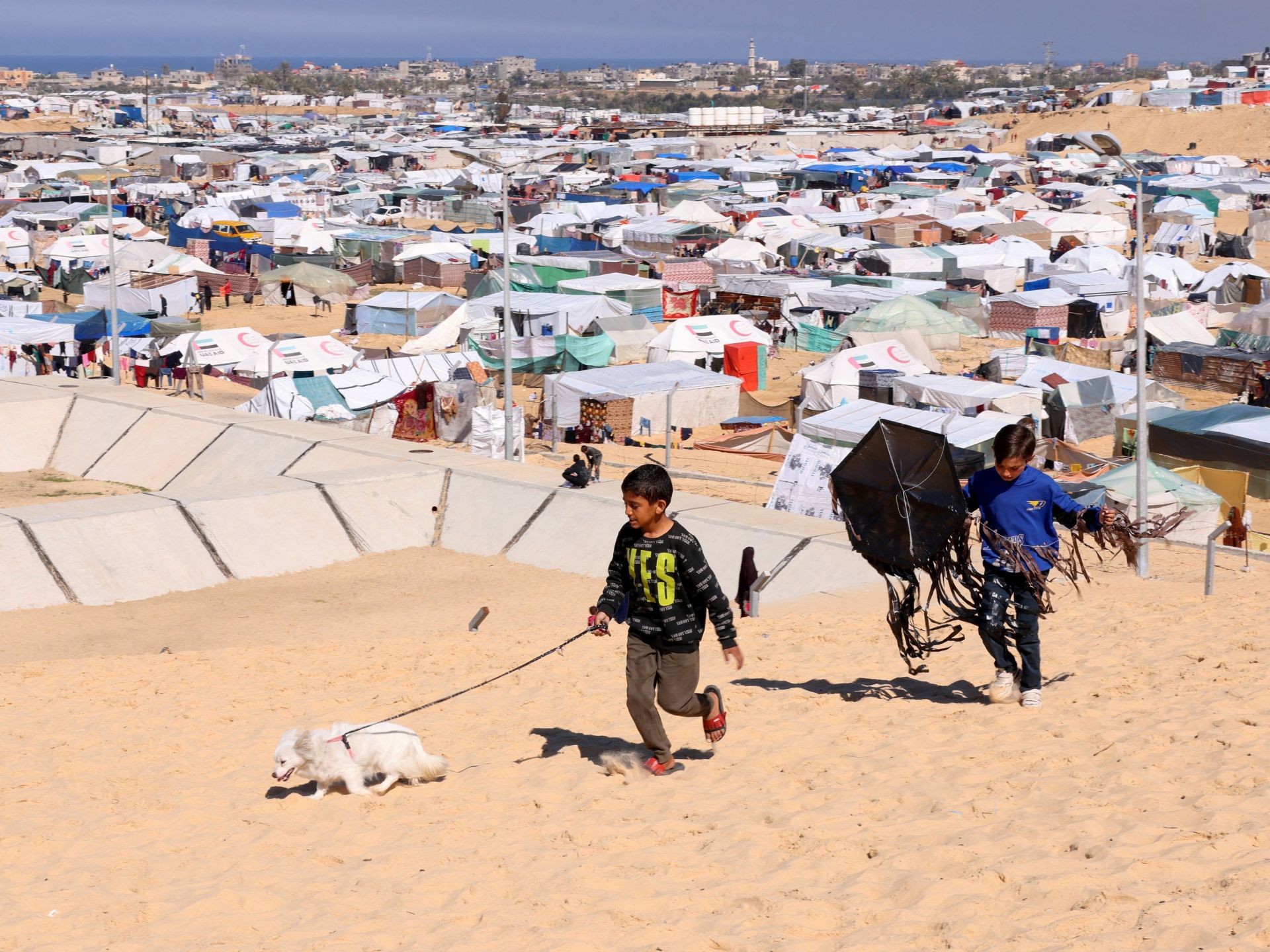Rights Watch: Many civilians may not be able to respond to evacuation warnings (Reuters)
Human Rights Watch said that forcing more than a million displaced Palestinians in Rafah to evacuate again, without a safe place to shelter, is “illegal and will have catastrophic consequences.”
Through Nadia Hardman, refugee and migrant rights researcher at Human Rights Watch, the organization called on the international community to “take the necessary measures to prevent further atrocities.”
This comes after Israeli Prime Minister Benjamin Netanyahu ordered the Israeli army and other officials to submit a plan to the Council of Ministers to evacuate the Rafah Governorate, in the far south of the Gaza Strip. Netanyahu said that this measure is necessary to attack Hamas brigades in the region.
In an interview with ABC, clips of which were published yesterday, Netanyahu said that “not entering Rafah will lead to losing the war and preserving Hamas,” adding that he directed his forces to plan to evacuate hundreds of thousands of Rafah residents before the ground invasion, and that those forces would provide a “corridor.” "Safe for civilians to be able to leave."
The organization said in its statement that after the population of Rafah before the war was 280,000, it now houses most of the residents of the Gaza Strip, “including 1.7 million displaced Palestinians.”
The organization noted that the situation in Gaza is "getting more desperate, as people live in improvised camps, where tents were built with flimsy materials in crowded residential areas. Many of them have been displaced several times in light of the intense Israeli air strikes and ground operations, as well as the ongoing siege."
The organization pointed out that international humanitarian law prohibits forced displacement of civilians and may become a war crime, and that any forced displacement of residents does not relieve Israeli forces from their responsibility to take all possible measures to protect the civilian population.
She stressed that civilians who do not evacuate after warnings “continue to enjoy full protection under international humanitarian law,” explaining that many civilians may not be able to respond to evacuation warnings due to illness, disability, fear, or the lack of anywhere else to turn. .
Source: Human Rights Watch

